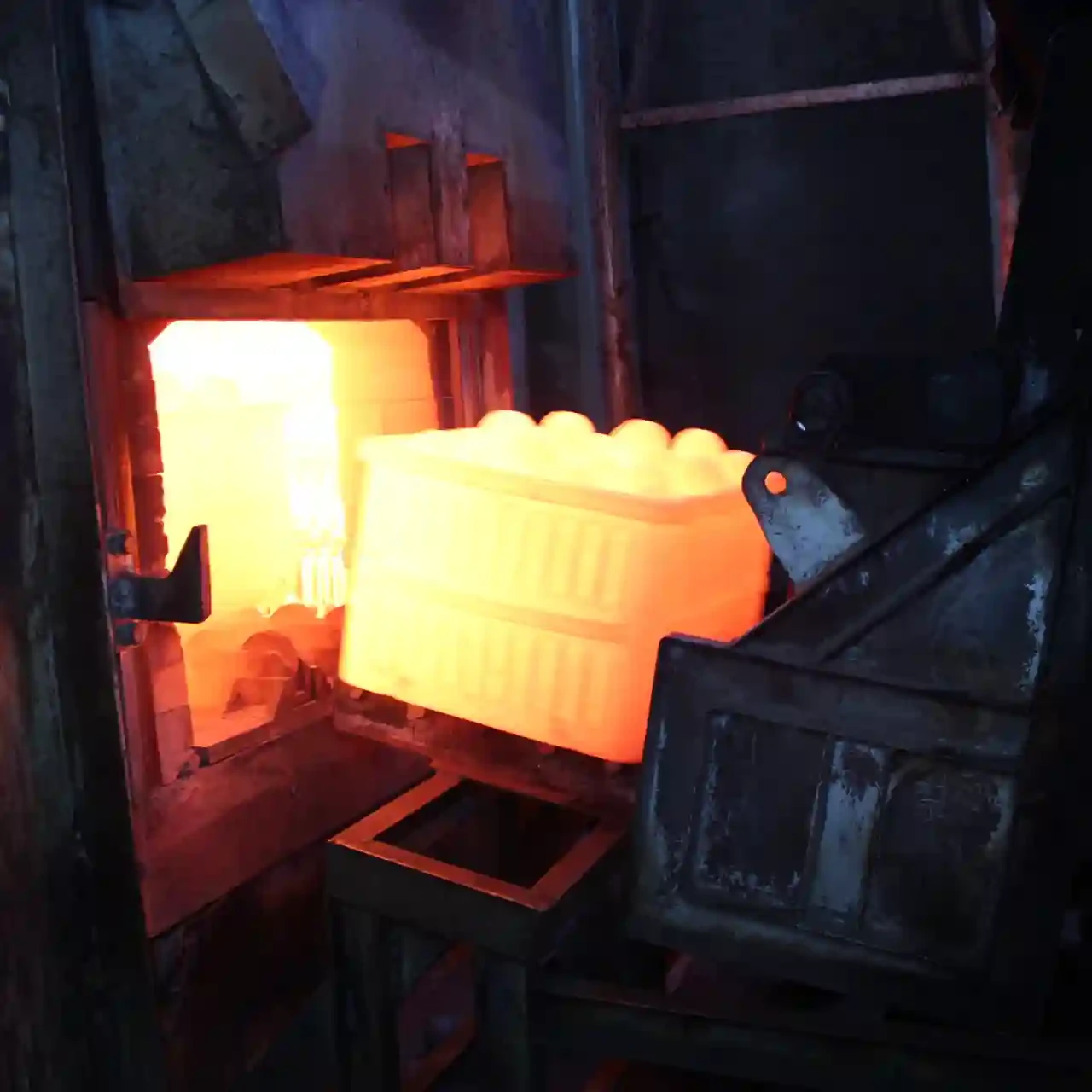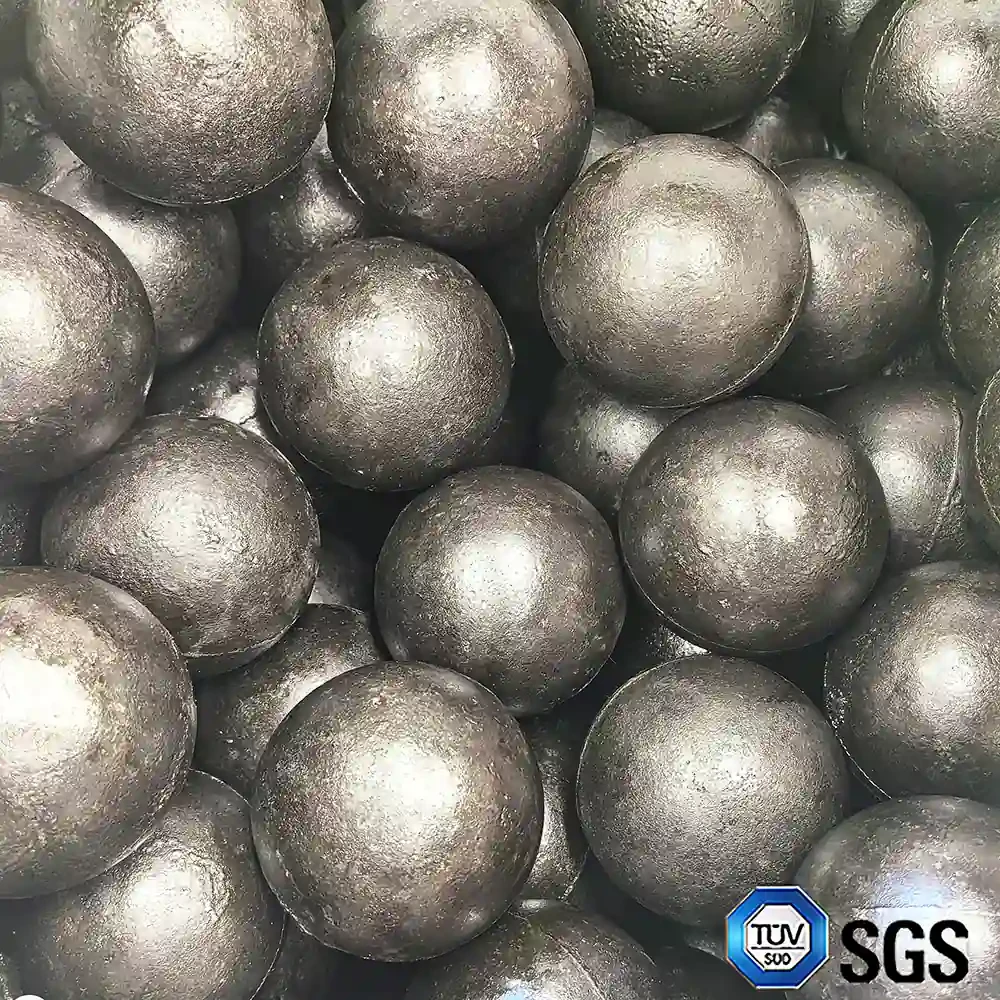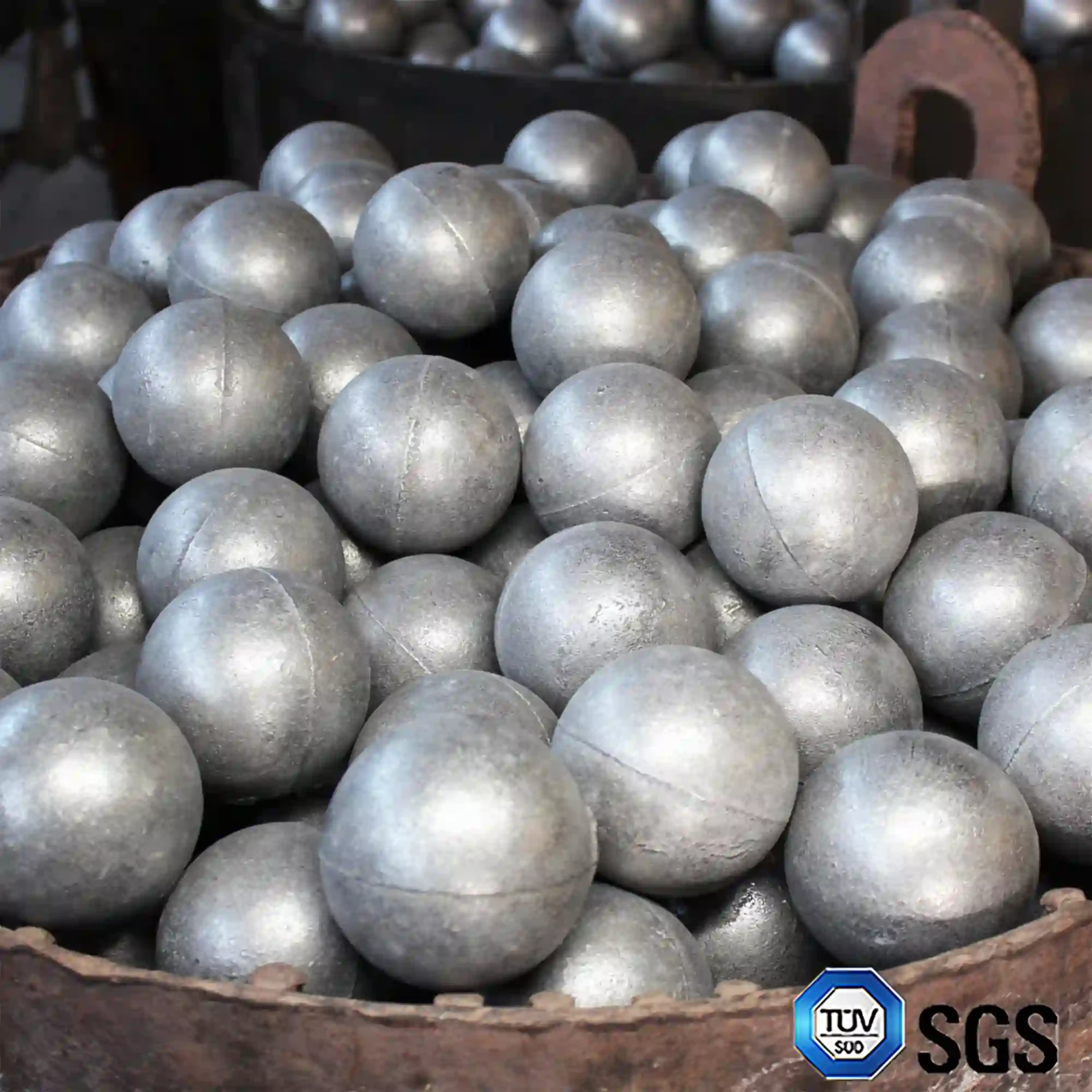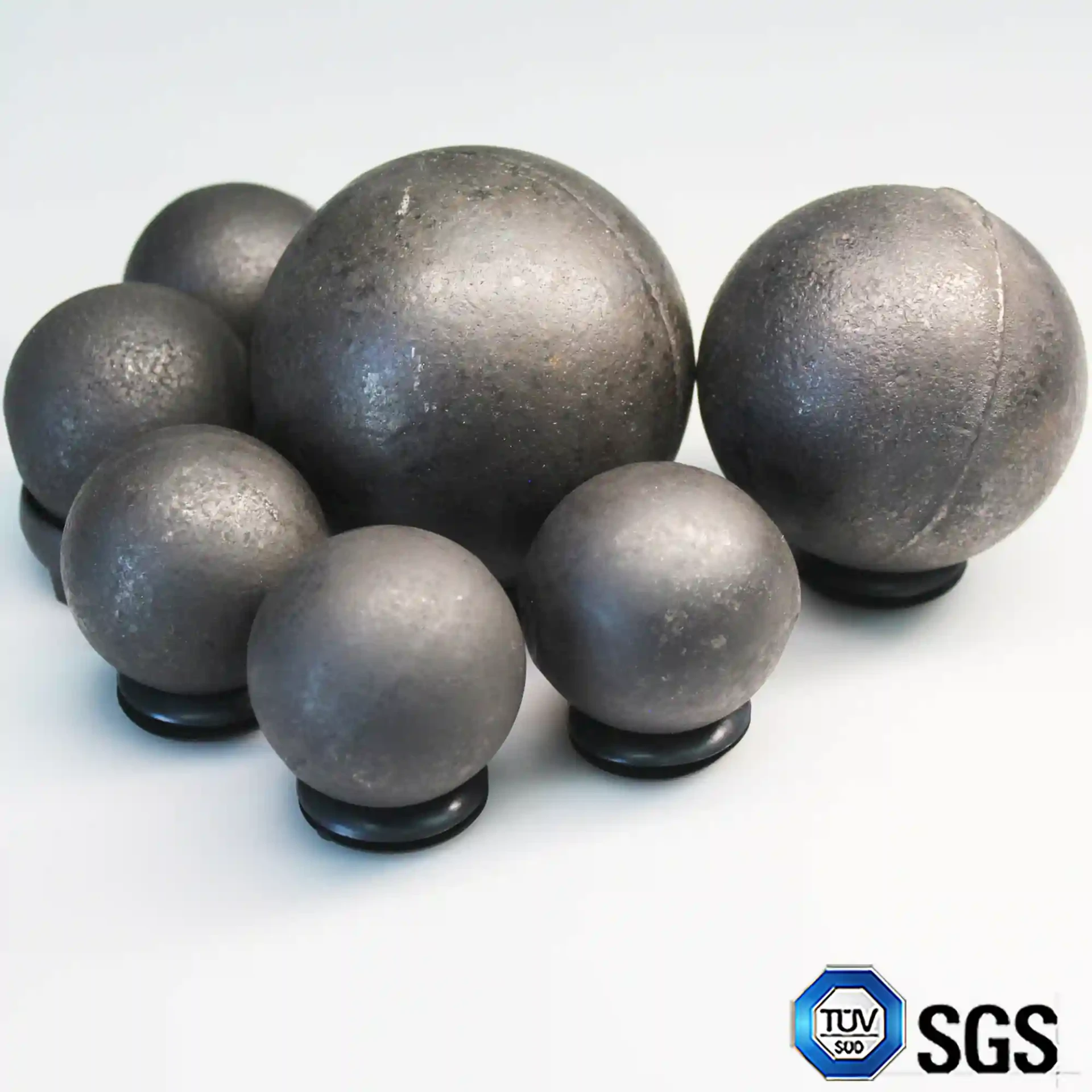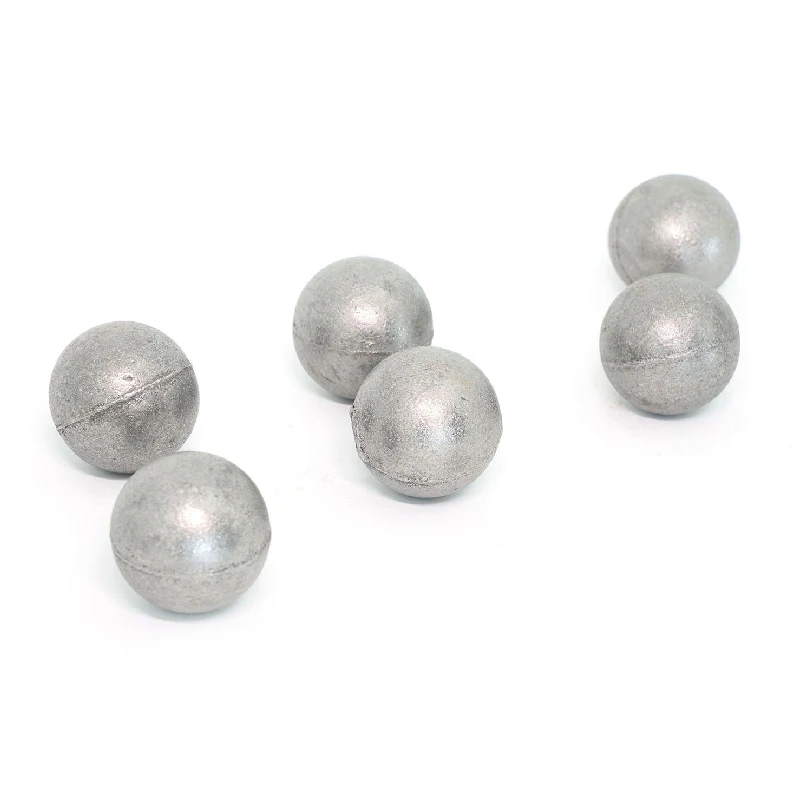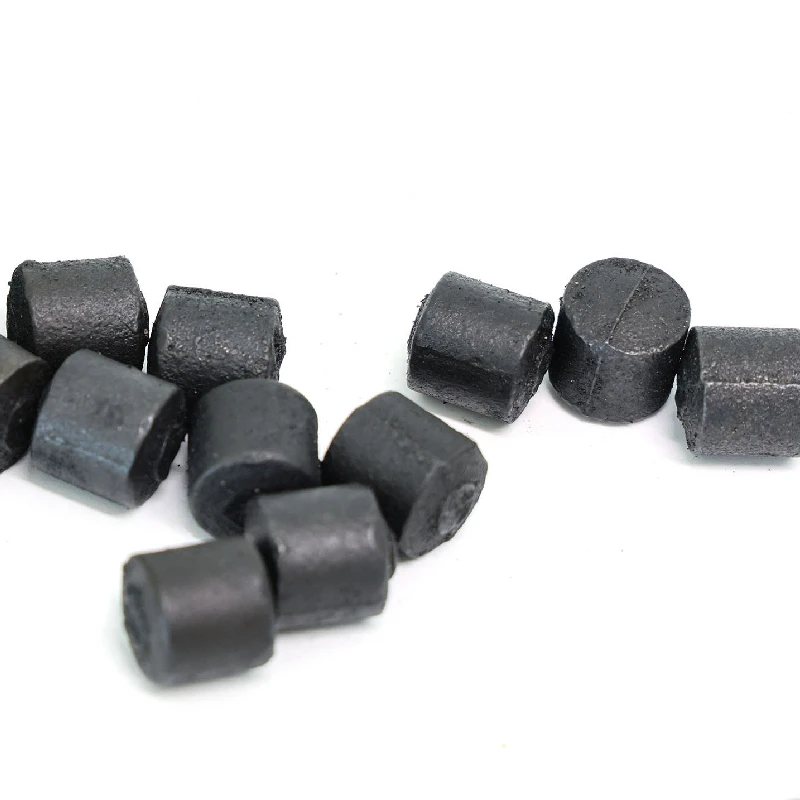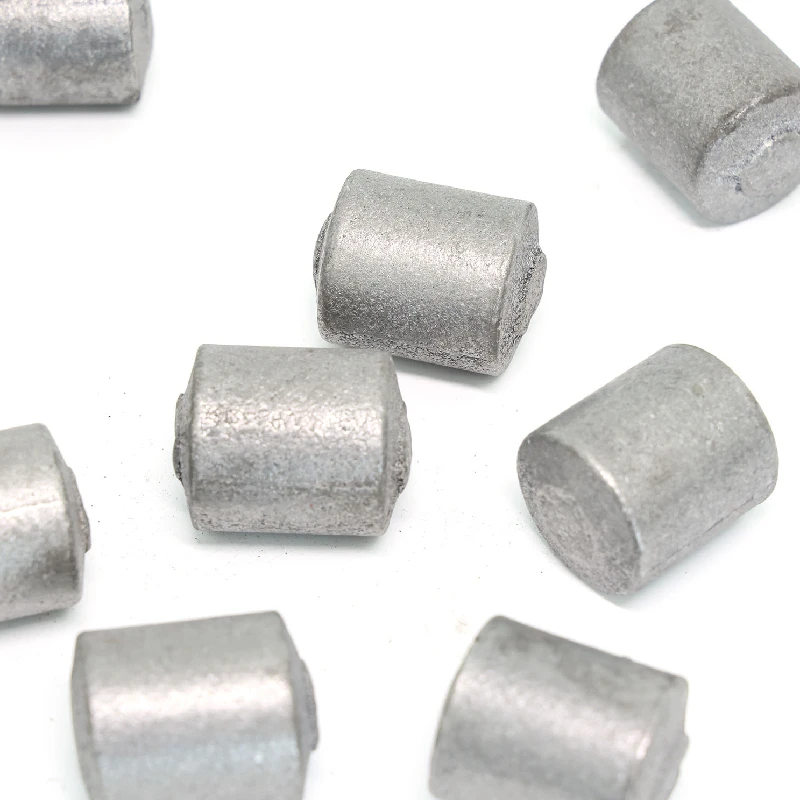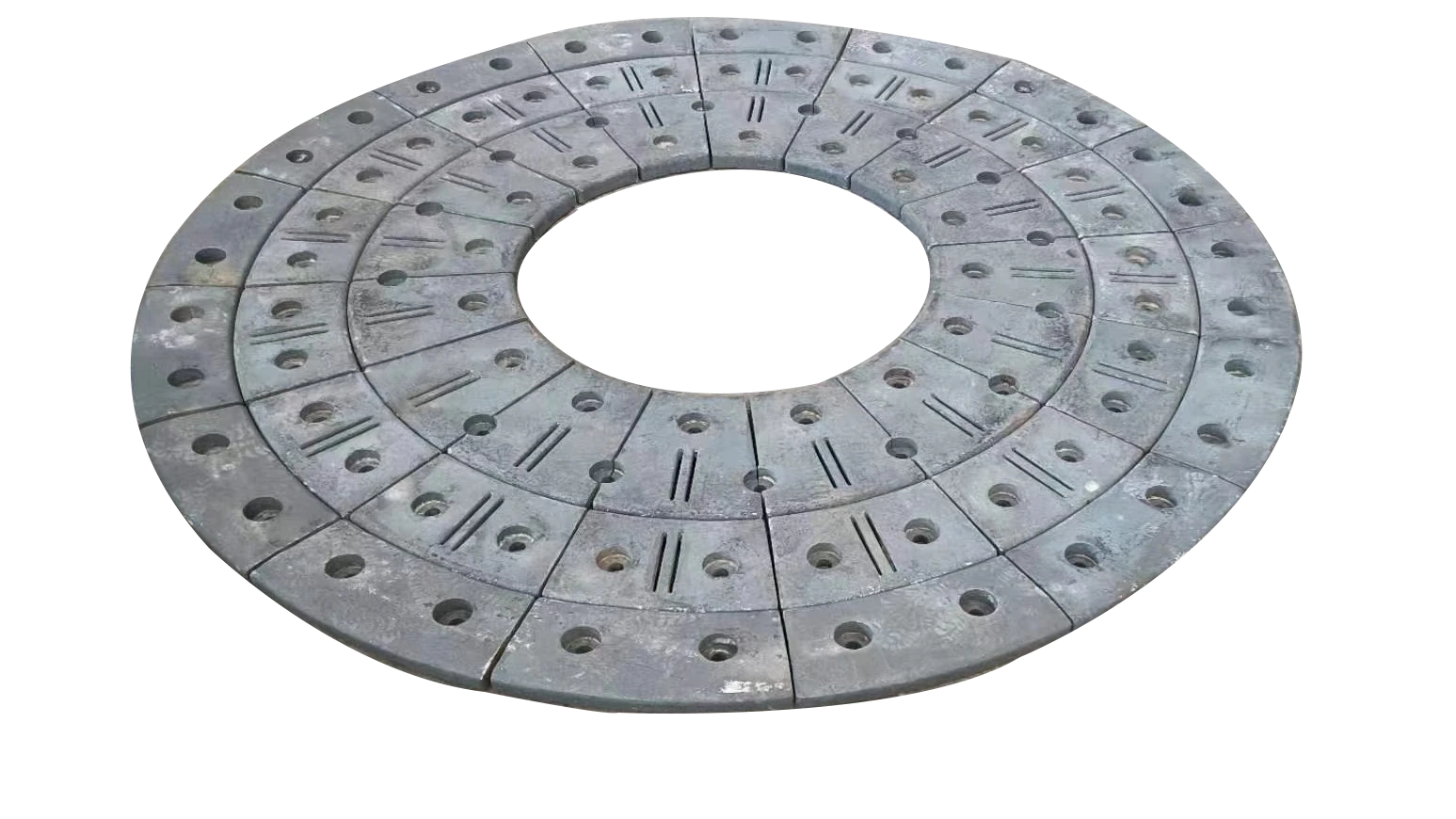Sep . 13, 2025 09:40 Back to list
High-Quality Chromium Manganese Ferroalloys for Steel
Introduction to Chromium Manganese Alloys
In the realm of advanced metallurgy, chromium manganese alloys stand out as critical materials, revered for their exceptional mechanical properties, wear resistance, and corrosion inhibition. These specialized ferroalloys are indispensable across a multitude of heavy industries, from mining and construction to petrochemical processing and power generation. Their unique composition provides a synergistic effect, where chromium enhances hardness, corrosion resistance, and high-temperature strength, while manganese contributes to ductility, impact toughness, and work-hardening capabilities. This strategic combination results in materials capable of withstanding extreme operational demands, extending the service life of components, and significantly reducing maintenance overheads. This article delves into the technical intricacies, application versatility, and strategic advantages offered by these advanced metallurgical solutions.
Industry Trends and Market Dynamics
The global demand for high-performance materials continues its upward trajectory, driven by industrialization in emerging economies and the continuous need for efficiency and durability in established markets. Key trends influencing the chromium manganese market include:
- Sustainable Manufacturing: Increasing emphasis on resource efficiency, recyclability, and reduced environmental impact throughout the material lifecycle. Manufacturers are exploring more energy-efficient production methods for manganese ferroalloy products.
- Advanced Metallurgy: Ongoing research and development into novel alloy compositions and processing techniques to achieve superior mechanical properties, particularly for applications requiring extreme wear and corrosion resistance. This includes innovations in ferro silico manganese and ferro silicon manganese production.
- Digitalization in Supply Chain: Adoption of IoT and AI for optimizing production, quality control, and supply chain logistics, ensuring consistent delivery of high-grade manganese metal and related alloys.
- Infrastructure Development: Massive global infrastructure projects, particularly in transport, energy, and water management, are fueling the demand for durable and long-lasting components manufactured from alloys like ferrosilicon manganese.
The market is characterized by a drive towards higher purity, tighter compositional control, and custom-engineered solutions to meet the evolving and stringent requirements of various industrial sectors.

Technical Specifications and Parameters
Chromium manganese alloys are engineered with specific elemental compositions to achieve desired mechanical, thermal, and chemical properties. The precise balance of chromium, manganese, carbon, silicon, and other trace elements dictates the alloy's performance in demanding environments.
Typical Composition and Properties of High-Chromium Manganese Alloys
| Element | Content (%) | Role / Impact |
|---|---|---|
| Manganese (Mn) | 12.0 - 18.0 | Enhances hardness, wear resistance, impact toughness, and work-hardening capabilities. |
| Chromium (Cr) | 1.0 - 3.0 | Improves corrosion resistance, high-temperature strength, and hardness. |
| Carbon (C) | 0.9 - 1.4 | Forms carbides, contributing significantly to hardness and wear resistance. |
| Silicon (Si) | 0.3 - 1.0 | Deoxidizer; improves castability and strength. |
| Phosphorus (P) | ≤ 0.035 | Controlled to minimize brittleness. |
| Sulfur (S) | ≤ 0.035 | Controlled to minimize hot shorting. |
These alloys typically exhibit a tensile strength ranging from 600-900 MPa, yield strength of 250-450 MPa, and an elongation of 30-50%, demonstrating excellent ductility. Hardness often falls within 200-250 HB in the as-cast condition, significantly increasing with work hardening.

Manufacturing Process Flow of Chromium Manganese Components
The production of high-performance chromium manganese components involves a meticulously controlled, multi-stage process to ensure optimal material integrity and metallurgical properties. This process flow emphasizes precision from raw material selection through to final inspection.
Detailed Process Steps:
1. Raw Material Selection & Preparation
High-purity manganese metal, ferrochrome, carbon steel scrap, and alloying elements (e.g., silicon from ferrosilicon manganese) are carefully selected based on stringent chemical composition and impurity limits. Materials are cleaned and prepared for melting.
2. Melting & Alloying
Raw materials are melted in electric arc furnaces (EAF) or induction furnaces. Precise control of temperature and atmospheric conditions is maintained. Alloying elements are added in specific sequences to achieve the desired chromium manganese composition, minimizing oxidation and nitrogen absorption.
3. Casting
Molten alloy is poured into prepared molds (sand, investment, or permanent molds depending on part complexity and volume). Careful control of pouring temperature and rate prevents defects. For larger components, specialized casting techniques are employed.
4. Heat Treatment
Components undergo specific heat treatment cycles (e.g., solution annealing, quenching, tempering) to optimize microstructure, relieve internal stresses, and enhance mechanical properties such as hardness, toughness, and wear resistance.
5. Machining (CNC) & Finishing
Post-heat treatment, components are machined to final dimensions using advanced CNC machining centers. Grinding, polishing, and surface treatments may be applied to achieve precise tolerances and surface finishes.
6. Quality Control & Testing
Comprehensive testing is performed at various stages. This includes chemical analysis (spectroscopy), mechanical testing (tensile, hardness, impact), non-destructive testing (ultrasonic, radiographic, magnetic particle), and dimensional verification. Adherence to ISO 9001 and industry-specific standards (e.g., ASTM, ANSI for specific applications) is paramount.
This meticulous process ensures components exhibit superior service life, often exceeding standard materials by 2-3 times in abrasive and corrosive environments. Target industries include petrochemical, metallurgy, mining, and water supply & drainage. The advantages in typical applications include significant energy saving due to reduced friction and enhanced corrosion resistance, minimizing downtime and operational costs.

Application Scenarios and Technical Advantages
The unique combination of properties in chromium manganese alloys makes them ideal for a wide array of demanding industrial applications where conventional materials fail to provide adequate longevity or performance.
Key Application Areas:
- Mining & Mineral Processing: Crusher wear parts, mill liners, grates, and conveyor components are subjected to extreme abrasion and impact. Chromium manganese alloys offer superior wear life, reducing frequent replacements and associated downtime.
- Cement & Aggregates: Components for grinding mills, clinker crushers, and material handling equipment benefit from the alloys' resistance to both abrasive wear and high impact forces.
- Petrochemical & Oil & Gas: Pumps, valves, and piping in corrosive and erosive environments, especially those handling slurries or high-temperature fluids, benefit from enhanced corrosion and erosion resistance.
- Power Generation: Coal pulverizer components, ash handling systems, and other parts exposed to abrasive particles and elevated temperatures.
- Steel Manufacturing: Rollers, guides, and other components in hot rolling mills where a combination of wear and thermal fatigue resistance is critical.
Technical Advantages:
- Exceptional Wear Resistance: High manganese content allows for significant work hardening under impact, creating a tough, abrasive-resistant surface. Chromium carbides further enhance wear properties.
- Superior Impact Toughness: Maintains ductility even at high hardness levels, making it resistant to fracturing under severe impact loads, common in crushing and grinding operations.
- Corrosion Resistance: Chromium provides a passive layer, offering enhanced resistance to various corrosive media, critical for applications in chemical processing and wastewater treatment.
- Cost-Effectiveness: Longer service life translates directly into reduced replacement frequencies, lower maintenance costs, and minimized operational downtime, delivering substantial total cost of ownership (TCO) savings.
- Versatility: Can be engineered and processed to meet a wide range of specific industrial requirements, from high-abrasion to combined abrasive-corrosive environments.
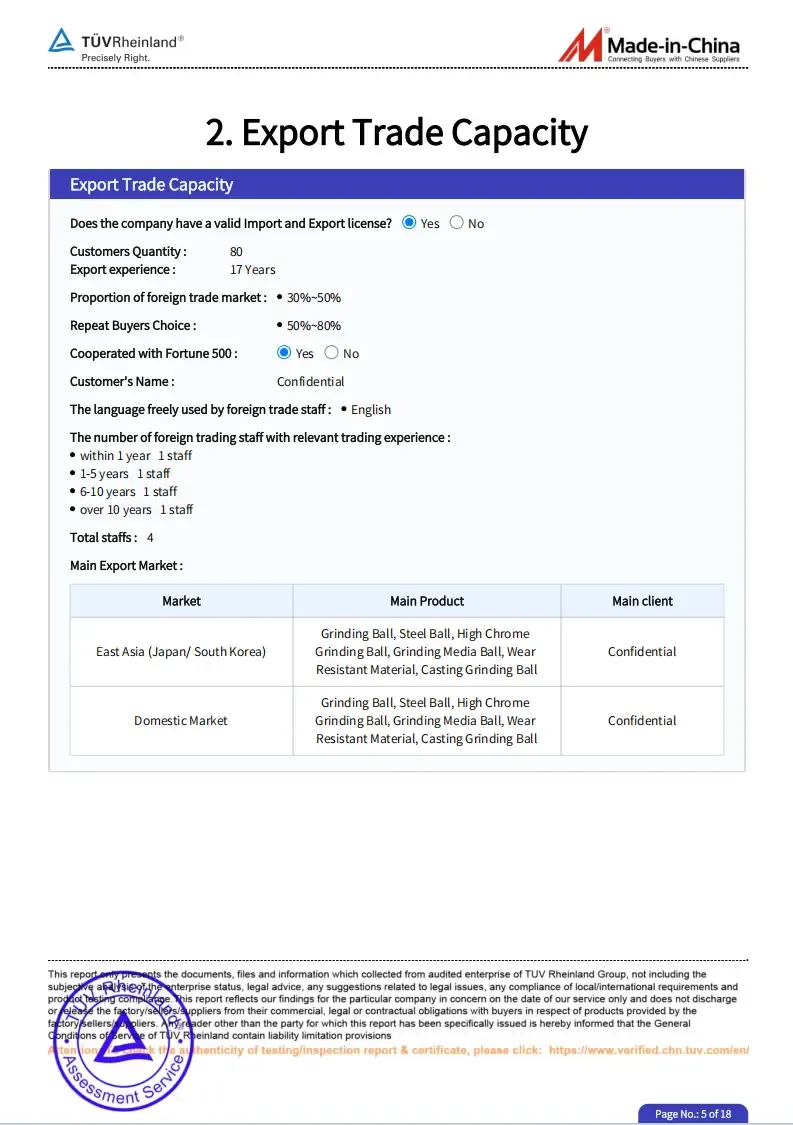
Vendor Comparison and Customized Solutions
Selecting the right supplier for chromium manganese components is crucial for ensuring product quality, reliability, and long-term cost efficiency. Factors beyond mere price, such as metallurgical expertise, manufacturing capabilities, and after-sales support, play a significant role.
Key Considerations for Vendor Selection:
| Feature | Standard Vendor | Leading Specialist Vendor (e.g., cdchengda.com) |
|---|---|---|
| Material Quality & Consistency | Varies; potential for inconsistencies in composition and microstructure. | Guaranteed through rigorous QC, certified raw materials, and advanced process control. ISO 9001 certified. |
| Customization Capabilities | Limited to standard dimensions and basic alloy adjustments. | Extensive R&D; ability to tailor alloy composition, heat treatment, and design for specific operational challenges. |
| Technical Support & Expertise | Basic product information; limited engineering consultation. | Dedicated metallurgists and engineers providing application-specific guidance, troubleshooting, and optimization. |
| Certifications & Compliance | May meet some local standards. | Compliant with international standards (e.g., ISO, ASTM, ANSI) and often industry-specific certifications. |
| Delivery & Lead Time | Variable; potential for delays. | Streamlined logistics, established production schedules, and clear communication on lead times. |
Tailored Solutions for Unique Challenges:
Leading manufacturers of chromium manganese alloys understand that off-the-shelf solutions are rarely optimal for highly specialized industrial demands. They offer comprehensive customized solutions that include:
- Alloy Composition Adjustment: Fine-tuning the percentages of chromium, manganese, carbon, and other elements to enhance specific properties like high-temperature strength, fatigue resistance, or specific corrosion resistance.
- Design Optimization: Collaborating with clients to optimize component geometry, weight, and stress distribution through advanced simulation and modeling, extending service life and improving performance.
- Specific Heat Treatment Regimes: Developing bespoke heat treatment protocols to achieve target hardness, toughness, and microstructural characteristics for the intended operational environment.
- Surface Engineering: Applying specialized surface treatments or coatings to further enhance wear, corrosion, or friction properties for extreme conditions.
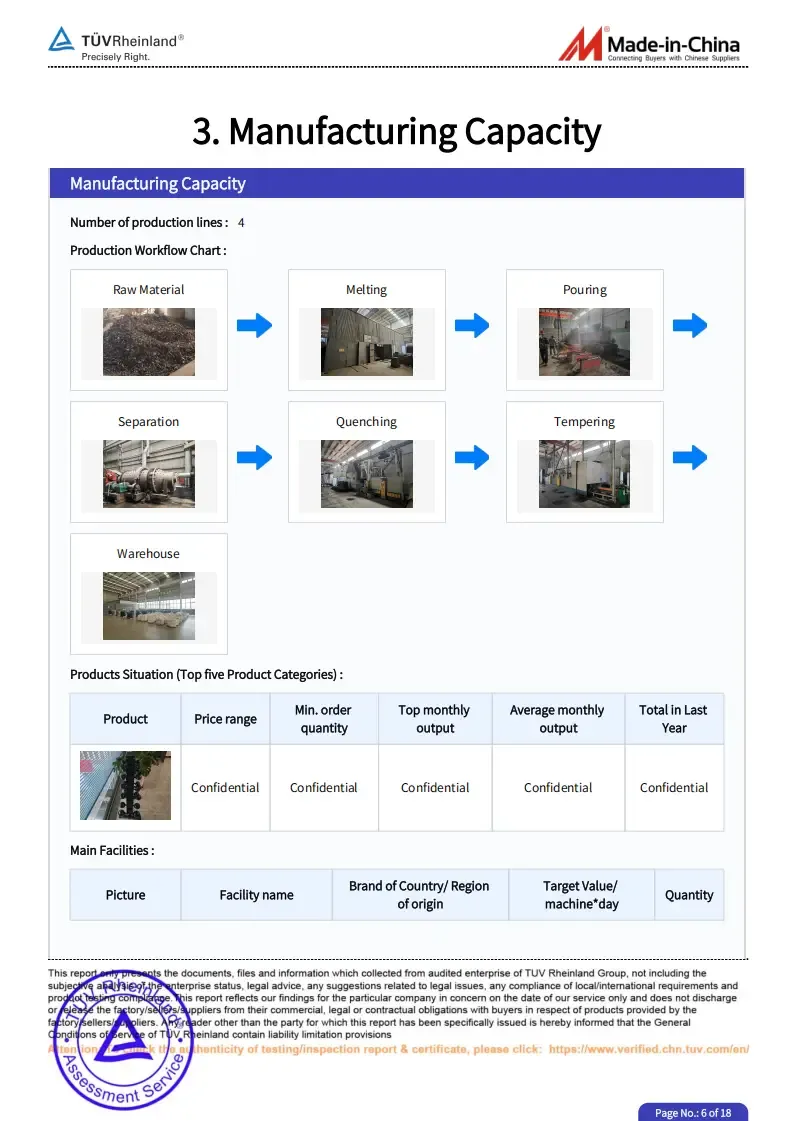
Application Case Studies & Customer Success
Real-world deployments illustrate the tangible benefits of utilizing high-quality chromium manganese components. Our commitment to excellence is underpinned by strong partnerships with leading industrial players and a track record of delivering measurable improvements.
Case Study 1: Enhanced Grate Plate Longevity in Mining Operations
Client: A major iron ore mining corporation in Western Australia.
Challenge: Existing grate plates in their primary crushers were experiencing premature failure (average 6-month service life) due to severe abrasive wear and high impact from large ore chunks, leading to frequent downtime and significant operational costs.
Solution: We engineered custom chromium manganese grate plates with optimized alloy composition and a specialized heat treatment process to maximize work-hardening capabilities and impact resistance. The design was also slightly modified to improve material flow.
Result: The new grate plates demonstrated a service life of 18 months, representing a 300% improvement. This translated to a 60% reduction in replacement costs and an estimated $1.5 million in avoided downtime annually. Customer feedback highlighted the exceptional durability and consistent performance.
Case Study 2: Corrosion-Resistant Pump Impellers in Chemical Processing
Client: A leading specialty chemical manufacturer in the Gulf Coast region.
Challenge: Pump impellers handling corrosive chemical slurries experienced rapid erosion-corrosion, requiring replacement every 4-5 months, severely impacting production continuity.
Solution: We provided custom-cast impellers from a high-chromium manganese ferroalloy variant, specifically formulated for enhanced resistance to the client's aggressive chemical environment, combined with precision CNC machining for optimal hydraulic efficiency.
Result: The new impellers achieved an average service life of 16 months, quadrupling the previous performance. The client reported a significant reduction in maintenance expenses and a notable increase in operational uptime, leading to higher throughput and reduced energy consumption for pumping.
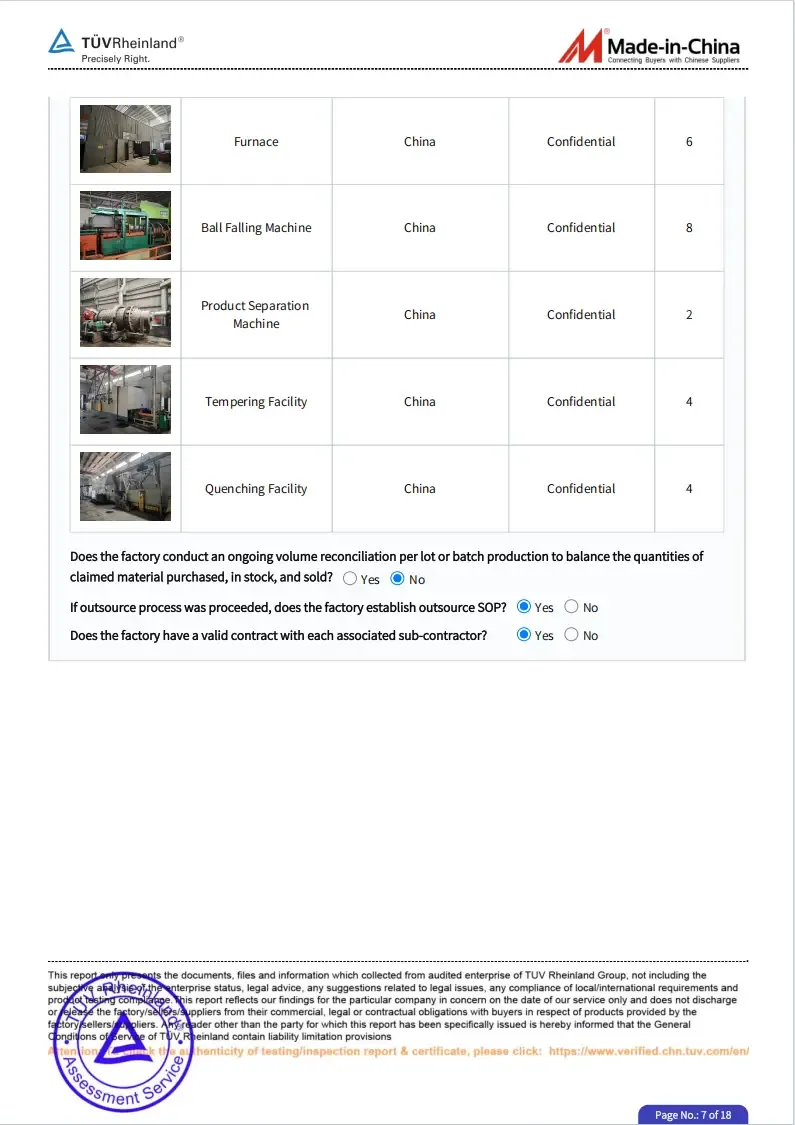
Commitment to Trust and Support
Frequently Asked Questions (FAQ)
Q: What makes chromium manganese alloys superior to standard high-manganese steel?
A: While high-manganese steel offers excellent work hardening, the addition of chromium in chromium manganese alloys significantly enhances initial hardness, high-temperature strength, and crucially, corrosion resistance, making them suitable for more aggressive environments where both wear and corrosion are factors. This also improves the consistency of the microstructure.
Q: Can your ferro silico manganese components be tailored to specific dimensions?
A: Absolutely. We specialize in customized solutions. Our engineering team works closely with clients to develop components that meet exact dimensional specifications and performance requirements, often optimizing designs for existing machinery to ensure perfect fit and enhanced functionality.
Q: What testing standards do your products adhere to?
A: All our products are manufactured and tested in accordance with international quality standards, including ISO 9001 for quality management, and relevant material specifications such as ASTM A128, ANSI, and others as required by specific industry applications. We provide comprehensive material test reports (MTRs) with every order.
Lead Time and Fulfillment
Our standard lead times for custom chromium manganese components typically range from 4-8 weeks, depending on complexity, order volume, and specific material requirements. We maintain a robust inventory of common ferrosilicon manganese variants and raw materials to facilitate faster turnaround for urgent requirements. Our logistics team works diligently to ensure timely and secure delivery to global destinations.
Warranty Commitments
We stand behind the quality and performance of our manganese ferroalloy products. All components are backed by a comprehensive warranty against manufacturing defects and material failures under normal operating conditions. Specific warranty terms will be detailed in individual contracts and typically cover a period reflective of the expected extended service life of our premium alloys.
Customer Support and After-Sales Service
Our commitment extends beyond delivery. We offer dedicated after-sales support, including technical assistance, installation guidance, and performance monitoring. Our expert team is available to address any operational queries or challenges, ensuring optimal performance and maximizing the value of your investment in our advanced manganese metal solutions. Contact us via phone, email, or through our dedicated client portal for prompt assistance.
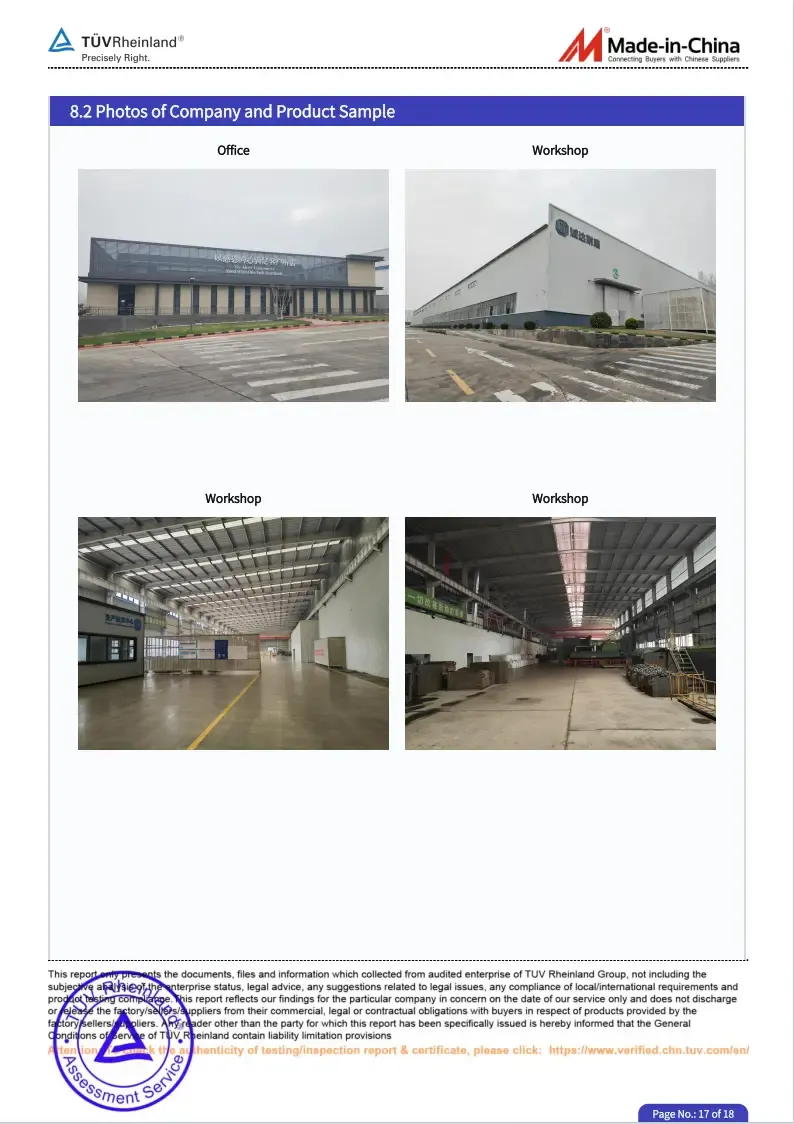
References
- ASM International. "ASM Handbook, Volume 1: Properties and Selection: Irons, Steels, and High-Performance Alloys." ASM International, 1990.
- Totten, G. E., & Van Der Winden, M. "Heat Treatment of Steels." ASM International, 2007.
- Mishra, R. S., & Mahoney, M. W. "Friction Stir Welding and Processing." ASM International, 2007.
- ASTM International. "ASTM A128/A128M - Standard Specification for Steel Castings, Austenitic Manganese." ASTM International, West Conshohocken, PA.
-
Expert Insights on Fabrica de Molinos de Bolas: Industry Trends & Global Applications
NewsNov.24,2025
-
Expert Insights on Fabricantes de Bolas de Molienda de Acero: Global Applications & Trends
NewsNov.23,2025
-
Leading Fabricantes de Bolas de Molienda: Your Ultimate Guide to Grinding Balls
NewsNov.23,2025
-
Fabricante de Bolas de Molienda – Quality Grinding Balls for Efficient Industry
NewsNov.23,2025
-
Trusted Proveedores de Medios de Molienda for Efficient Industrial Grinding
NewsNov.22,2025
-
Proveedores de Bolas de Molienda: Your Guide to Top Grinding Ball Suppliers & Industry Insights
NewsNov.22,2025
Realted Products


